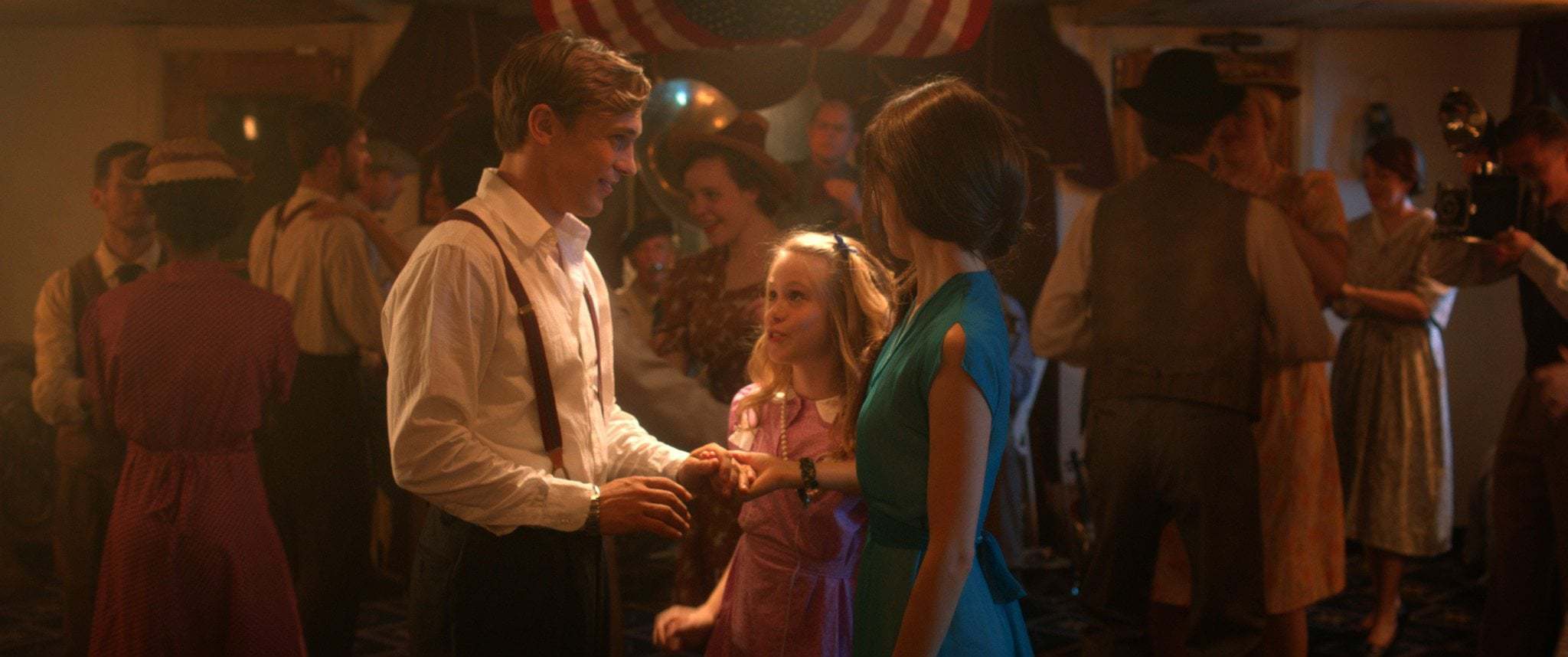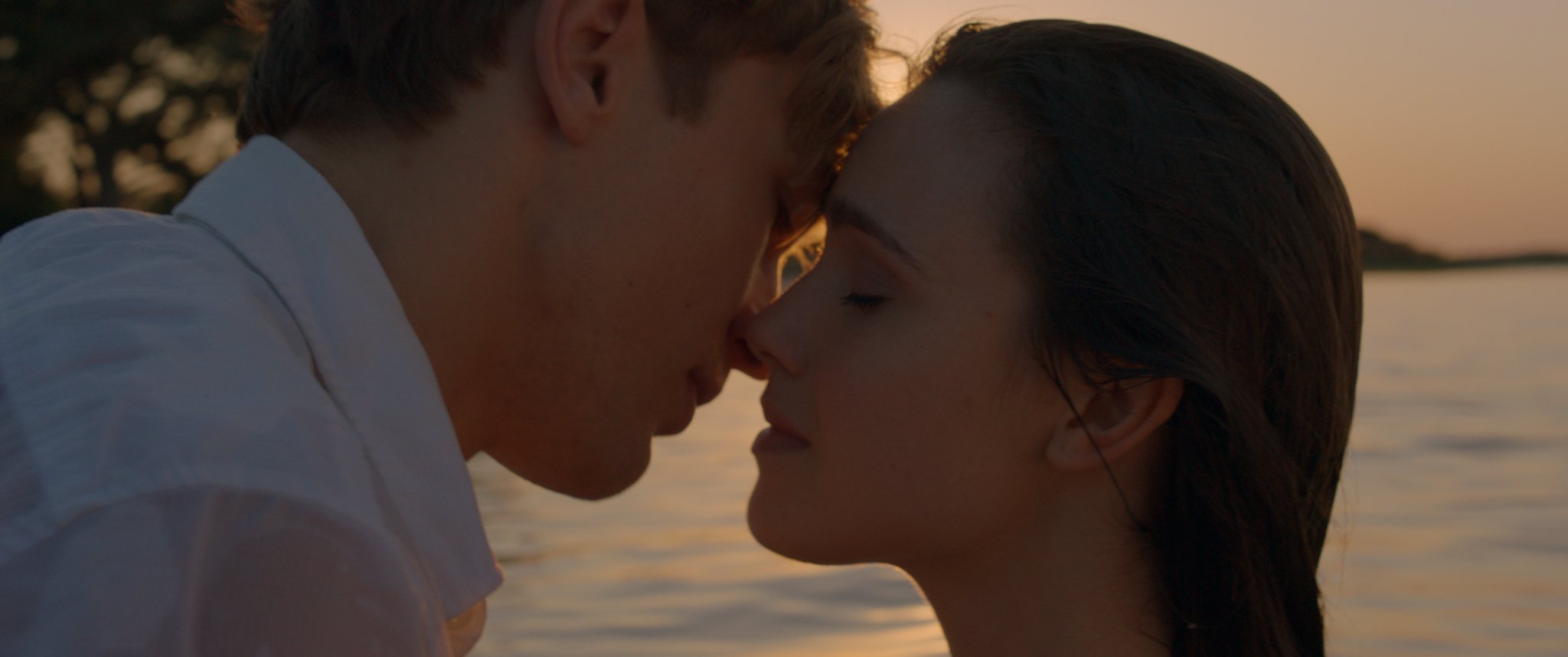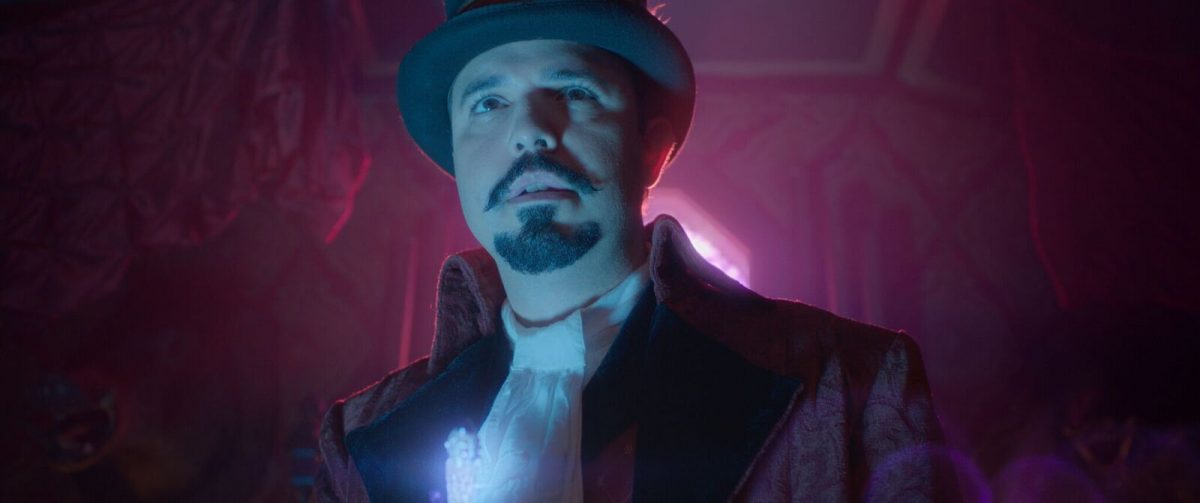Writing Tips from The Little Mermaid (2018)
Recently (like, in December), I watched the 2018 Little Mermaid movie on Netflix. The trailers had looked iffy, but I was willing to give it a try. It was just as disappointing as the trailers looked. That's why I thought it would be perfect fodder for a new writing lesson, this time focusing on not letting your story fall short.
The biggest problem with this movie was that it was very basic and predictable. Poor execution can kill even the best of ideas. (We aren't even going to talk about the mostly sub-par acting.) So here we have five lessons you can learn to keep your novel from falling prey to these problems.
1. Take it Farther
The first big problem with The Little Mermaid is that they had a good idea, but then never tried to make it bigger, better, or more stunning. In the movie, there were some great ideas. A mermaid in Mississippi, an evil wizard who holds her captive, a curious young reporter, and a circus. You can see just looking at all those elements that it could be an amazing story. However, they didn't take it any farther than the basic combination of these elements, making the whole story fall flat and predictable.
When you come up with an idea for a story, the first thing you should do is sit down and think about how much better you could make it. You want to do a retelling of the Little Mermaid. Okay. What are some basic ways you could change it? You could set it in space, or the 21st century, or Victorian England.
For each idea you come up with, brainstorm more ways you could make it better. Add a new character. Incorporate a sub-plot. Throw in a few rivals. This can continue throughout the whole outlining process as you keep thinking of new and unexpected or original twists or ideas for your story. Be cautious of going too far though. Taking it to the outlandish, unbelievable level isn't what we're going for.
2. Add Character Depth
Another problem with that movie is that the characters, while nice, were fairly boring. There was the suspicious young reporter determined to find out the truth behind the “magic mermaid water”. The mermaid who was foolish enough to trade her soul for legs, only to be jilted and stuck with the wizard forever. (The wizard we'll talk about in a moment.) The nice southern lady they stayed with, the scar faced henchman, the “freak” circus performers, and the sick little girl (who had one attack at the beginning of the movie and nothing happened again until the end. What?). As you can see, again the writers didn't take the time to think about ways they could add depth to their characters for a better story.
The main character, the reporter, was the one with the most depth, and even that wasn't a lot. He wanted to find out the truth behind the mermaid claim, but at the same time, he wanted it to be real so he could heal his niece. He didn't want to believe in mermaids, yet when one showed up in front of him, he had to. That's the sort of contradictions a character needs. Disbelieving, yet wanting to believe. Hoping, but too realistic to really have faith.
Like with a story idea, take time to think through your characters and brainstorm how you can add more depth to them. What sort of contradictions and intricacies can you add to their character? What other characters can you add to help them grow as a character or challenge their beliefs? Most importantly, how can you keep your characters from being walking, talking cliches?
3. Think Through Plot
I watched the first trailer for The Little Mermaid and almost completely accurately predicted the entire plot. That's partial a fault of whoever made the trailer, but even watching the movie I knew what was going to happen next almost the whole time. There were a few things I didn't see coming, but it was rare. I always hate when that happens. It means that it had boring writing and they always took the most logical choice for everything.
As we've discussed before, being predictable is a tricky thing. You want to give readers the satisfaction of certain things, like the two romantic leads getting together or the good guys winning the day, but at the same time, you also want to do things that they won't see coming, but make sense with the narrative. Make them gasp in surprise, but also say that it makes sense, they just didn't see it coming.
4. Remove Cliches
There were also a ton of cliches in this movie that made me want to roll my eyes. The little girl who believes in everything that turns out to be some sort of special, magical person. The completely evil wizard who was that way for no apparent reason. The somewhat tacked on theme of self acceptance as shown through the circus freaks. Most of the characters and plot in general.
Cliches should be viciously removed or changed from any story. Unless maybe a satire novel, because that's kind of the point of them. It's getting to the point where if I hear the word prophesy, I start running the other direction. It's natural for us to go straight to tropes and cliches, because they are what we know best. But you need to think beyond them and see how you can change it into something new and original. (See point one.)
5. Give Us a Real Villain
I wanted to discuss this one all by itself because I have a particular loathing for terrible villains. And by terrible I don't mean evil, I mean just plain cliche and badly written. The wizard who now runs a circus in this movie was just that. He wore a top hat, had a mustache, and every word from his mouth sounded like a cheesy kids villain. If he had been better, the movie might have been almost decent. But adding that on top of everything else and it crushed whatever hope was left for this.
Always give us a decent villain. No, you don't always have to have a real, physical villain. Plenty of stories work without one (Inside Out, The Greatest Showman), but when you do have one, he or she needs to be good. Don't give us something a mustache twirling man in black saying things like “Did you really think?” and spilling their whole plan to the protagonist. We need someone nuanced, or that we almost end up liking because they're so bad, or something like that.
Have you watched this movie? What's a story that you felt had good potential, but ultimately fell flat? Tell me in the comments.
Suggested Posts:
Writing Characters: A Lesson from Disney Z-O-M-B-I-E-S
Using Movies to Learn Writing











I believe you mean the INVISIBLE theme. I couldn't find one at all, which is another big problem.
ReplyDeleteYes, exactly. I only mentioned that one thing because it was the only theme I could find.
Delete